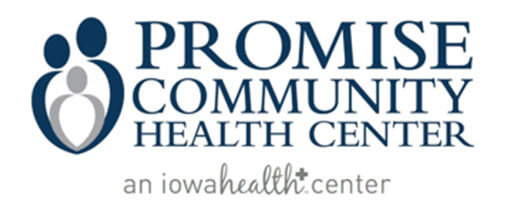
March is National Colorectal Awareness Month, an observance dedicated to encouraging patients, survivors, and caregivers to share their stories, advocate for colorectal cancer prevention, and inform others about the importance of early detection.

Common Myths About Colorectal Cancer
Colon cancer is the second deadliest cancer. However, there are quite a few myths surrounding colon and rectal cancer that prevent people from getting tested.
Myth #1: It only happens to men.
The truth: The overall lifetime risk of developing colorectal cancer for women (1 in 24) is only slightly lower than it is for men (1 in 22). Age is a much bigger risk factor than sex.
Myth #2: I’m too young to get colon cancer.
The truth: While it’s true that more than 9 out of 10 instances of colorectal cancer occur in people over the age of 50, the American Cancer Society recently changed their guidelines to recommend screenings starting earlier, at age 45. This is due to a sharp rise in the number of young adults diagnosed with colon cancer each year.
Myth #3: Colonoscopies are painful.
The truth: Colonoscopy is a common test familiar to many but not well known by all patients. Sure, it’s not exactly pleasant, but it’s not as bad as you think. For starters, most people only need one every 10 years.
To prepare for the procedure, you’ll have to avoid solid foods and take a bowel-cleaning substance the day before the procedure to clear your colon. During the procedure, you’ll receive a sedating medication to make you more comfortable, and most people can return to their normal activities that same day. All in all, the hassle is worth it. Precancerous polyps can be removed during the procedure, which is much easier than treating late-stage colon cancer, which may involve surgery, radiation therapy, or chemotherapy.
Myth #4: Colonoscopies are dangerous.
The truth: A colonoscopy is a medical procedure, so yes, complications are possible. Rarely, a colonoscopy can create tears in the colon or trigger diverticulitis, an infection of the pouches inside the colon wall. Overall, the complication rate is estimated to be less than 1% for all complications. Your doctor will discuss these risks with you before the procedure, but in most cases, the potential benefits outweigh the potential risks.

When Should You Be Screened for Colon Cancer?
For someone at an average risk of colon cancer, the American Cancer Society recommends having a colonoscopy once every 5 to 10 years beginning at age 45.
Someone at a higher risk of developing colon or rectal cancer may need to be tested earlier or more often. You have a higher risk of colon cancer if you have:
- A family history of colorectal polyps/cancer
- An inflammatory bowel disease such as Crohn’s or ulcerative colitis
- An inherited syndrome, such as Lynch syndrome, that increases your cancer risk
- Type 2 diabetes
Some colorectal risk factors can be controlled, such as:
- Being overweight or obese
- Smoking
- Physical inactivity
- Heavy alcohol use
- High red meat consumption
Talk with your doctor about these risk factors and whether early screening is right for you.
Read more about Colon Cancer Myths, Facts and more from this article : https://www.floridamedicalclinic.com/blog/colon-cancer-awareness.
Call Promise at 712-722-1700 and make your appointment to talk with our medical team about a Colon Cancer Screening kit.

